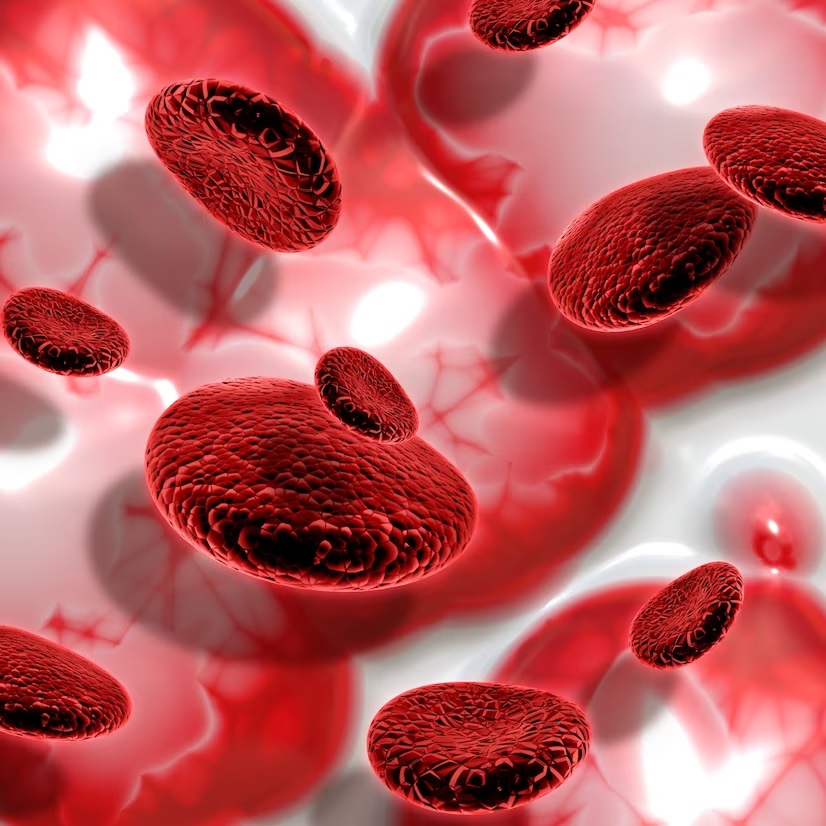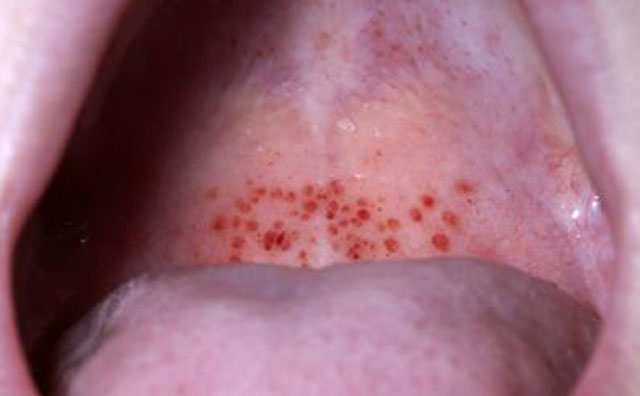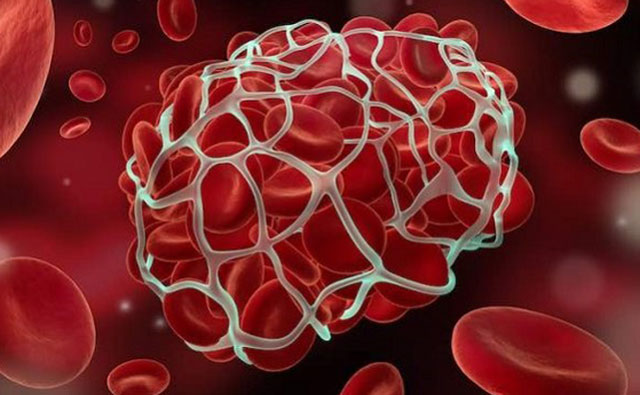Thalassemia In India
Thalassemia In India
The most common hereditary blood disorder in the world is a type of anemia known as Thalassemia.
It is due to genetic changes that affect globin chain formation which is vital for formation of haemoglobin.

Thalassemia occurs in many countries in Europe near the Mediterranean Sea, Africa, Middle East, south east and South Asia.
India has a large population of affected children and about 10000 are born every year.
Only 50 percent of these live till 20 years.
Thalassemia is seen in many communities mostly in eastern, western and central india.
Sindhis,Gujaratis, Parsis, Marwadis, Saraswats, Lohanas, are some commonly affected groups.
In our state, Chettiars, Mudaliars, Nilgiri Tribals have Thalassemia.
Endogamy or the practice of marrying close family relative is a major reason for birth of severely affected babies.

There are different types of Thalassemia, ie Alpha, Beta and others, in reach there are mild forms or carrier states and severe forms.
These can be easily picked up by simple blood tests.
Genetic counselling is important to create awareness about prevention of Thalassemia.
It is possible to diagnose the condition when the baby is in the mothers womb.
In severe cases regular blood transfusions are needed to keep the child alive.
Stem cell transplant can cure some of these babies but the procedure is expensive and risky.
Beta thassemia trait is usually picked up while testing for causes of microcytic anemia.
Typically iron status (serum ferritin) is normal and levels of Haemoglobin A2 is higher than normal.
India has more than 4 crore carriers or trait cases.
Severe Thalassemia only happens when two trait persons marry and have children.
Genetic counselling and discouraging endogamy in communities is the only way to reduce births of severely affected Thalassemia major babies.
Related articles
Article Links
Introduction to Blood Vaccinations In Adults Lessons From The Covid-19 Pandemic Anemia in a Nutshell Iron Deficiency Anemia Anemia is not always a simple problem Aplastic Anemia Sickle Cell Anemia Nutrition and Anemia Pregnancy and Anemia Diet and Anemia Bone Health Matters Blood Problems From Birth Curable Cancers Are There Cancer in Children Blood Cancer Blood Cancer in Children Why Do Some People Bleed More? Know Your Platelets Platelet Problems When Blood Clots Too Much Thalassemia In India Stem Cell Therapy More About Stem Cell Therapy Stem Cell Treatments : Facts Should You Store Baby’s Cord Cells? What Is Bone Marrow Test? All You Wanted To Know About A Bone Marrow Test Blood Donation : The gift of life Preventive Check Ups: Of Course Or May Be?Related articles
When we get a small injury it is these platelets which spring into action and stops bleeding.
Many virus infections cause low platelets and in India, Dengue infection is one of the common causes for this problem.
Some people are prone to developing thrombosis or clots in their blood vessels.
These can all be detected by special tests and need regular monitoring and treatment by a hematologist.


